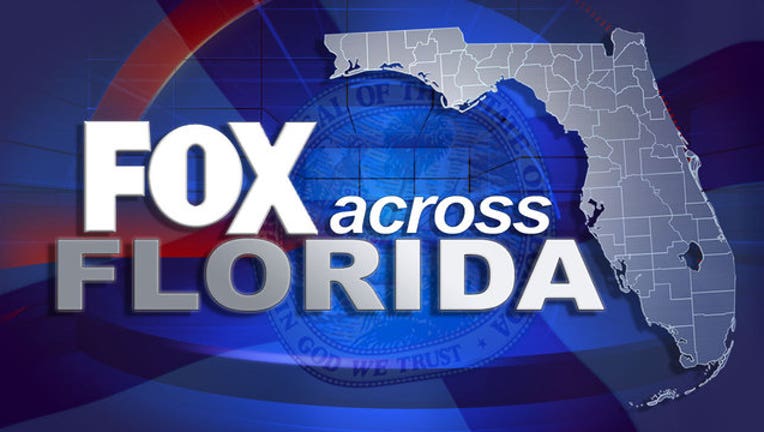Florida judge approves new map for Florida Senate districts

TALLAHASSEE, Fla. (AP) - In a decision that could signal the end of Republican domination of the Florida Legislature, a circuit judge on Wednesday approved a new map for 40 state senate districts.
Judge George Reynolds, in a widely anticipated ruling, rejected boundaries for Senate districts drawn up by a top Republican. Reynolds instead signed off on a map drawn by a coalition of voting rights groups that could shift control away from the GOP.
The map chosen by Reynolds is split nearly evenly between GOP and Democratic-leaning districts and will likely create four South Florida seats that could be won by Hispanic candidates. President Barack Obama in 2012 won a majority of votes in 21 of the 40 districts approved by the judge. Because the map was redrawn, all 40 senate seats will be up during a presidential election year, when there is usually higher turnout.
Reynolds ruled that the map drawn by the Florida Legislature under the instructions of Republican Sen. Bill Galvano appeared to favor Republicans. Voters in 2010 approved a constitutional amendment requiring compact political districts that aren't drawn to benefit parties or incumbents.
Reynolds acknowledged Galvano's testimony that he had not relied on election data while drawing up his proposal, but the judge said it was hard to ignore evidence that showed the map chosen by the Senate tilted toward Republicans and avoided placing incumbent senators in the same districts.
"It is difficult to infer anything other than impermissible partisan intent in the selection," wrote Reynolds.
The Senate has been under GOP control since the 1994 elections and Republicans currently hold a 26-14 margin.
Katie Betta, a spokeswoman for Florida Senate President Andy Gardiner, wrote in an email that senators were reviewing Reynold's decision and she could not yet say whether they would appeal it. But Sen. Joe Negron, who is line to succeed Gardiner in 2016, said the "maps are set" and he was ready to defend Republican seats.
"For the last 20 years, voters have elected principled Republicans to serve in the Florida Senate, and I am confident that voters will continue to support strong Republican candidates," the Stuart Republican said in a statement.
David King, the attorney who represented the League of Women Voters and other voting rights groups that drew up the approved map, called the judge's ruling a "huge accomplishment for the citizens of Florida."
"They will be able to cast a vote on constitutional maps for the congressional election and the state senate elections," King said.
The voting rights groups sued in 2012 over maps drawn for both Congress and the state Senate. The three-year battle over the congressional districts resulted in the state Supreme Court siding earlier this year with the groups and ordering a new congressional map, a ruling that could result in the ouster of several incumbents in 2016.
A trial on the Senate maps was scheduled for September, but the Senate settled the case ahead of time. Senate leaders, acknowledging that they had violated the voter-approved standards, held a 19-day special session that ended abruptly in early November after the Senate voted down a map approved by the House. With no new map approved by the Legislature, the Senate asked Reynolds to sign off on the proposal approved by Galvano after the session ended.
Reynolds held a four-day trial earlier this month during which Galvano, legislative staff, and political scientists testified about rival maps. Lawyers for the Senate tried to argue that the maps drawn by the coalition groups were tainted because the map drawer worked for a Democratic-leaning firm. But in his 73-page ruling, Reynolds dissected the proposals and testimony and concluded that the consultant who drew up the map for the voting rights groups was "credible" and his approach was "logical" and "effective."

